It’s impossible to convince true cinephiles that modern movies are better than classic ones, and they are right to feel this way. It has been argued that new movies look worse (visually), despite great advancements in camera and CGI technology. Besides that, the acting was arguably better back then. Lists of the greatest actors of all time tend to be populated by the Brandos and the Bogarts.
“They” no longer make them like they used to? More like, they can’t make them like they used to. Still, many classic movies were problematic in tone, making them unwatchable today and impossible to use as filmmaking templates. Part of the reason they can’t make them like they used to is that the sensitivity standards have improved greatly. You are no longer unlikely to see any form of casual racism and sexism in a movie. Unfortunately, such tonal and storytelling stains, as well as a few technical ones, are all over some revered movies.
Here are 10 old hit movies that are unwatchable today.
10
‘Birth of a Nation’ (1915)
The Birth of a Nation
- Release Date
-
March 21, 1915
- Runtime
-
193 Minutes
- Director
-
D.W. Griffith
-

Henry B. Walthall
Col. Ben Cameron
-

Lillian Gish
Stoneman’s Daughter Elsie
-

Miriam Cooper
Margaret Cameron
-

Based on Thomas Dixon Jr.’s 1905 novel The Clansman, Birth of a Nation chronicles the assassination of Abraham Lincoln by John Wilkes Booth and the strained relationship of two families on opposing sides of the Civil War and their fates during the Reconstruction Era. There’s the pro-Union and the pro-Confederacy Camerons.
Expert Filmmaking, Shocking Storytelling
Birth of a Nation is a visual and melodious marvel, so much so that it became the first movie to be screened in the White House. The “firsts” don’t end there. It was the first American film to have an orchestral score and also helped to pioneer closeups and fadeouts. Regrettably, it heavily leans on racism. Most black characters (many played by white actors in blackface) are depicted as unintelligent, while the Ku Klux Klan (KKK) is painted heroically.
9
‘Planet of the Apes’ (1968)
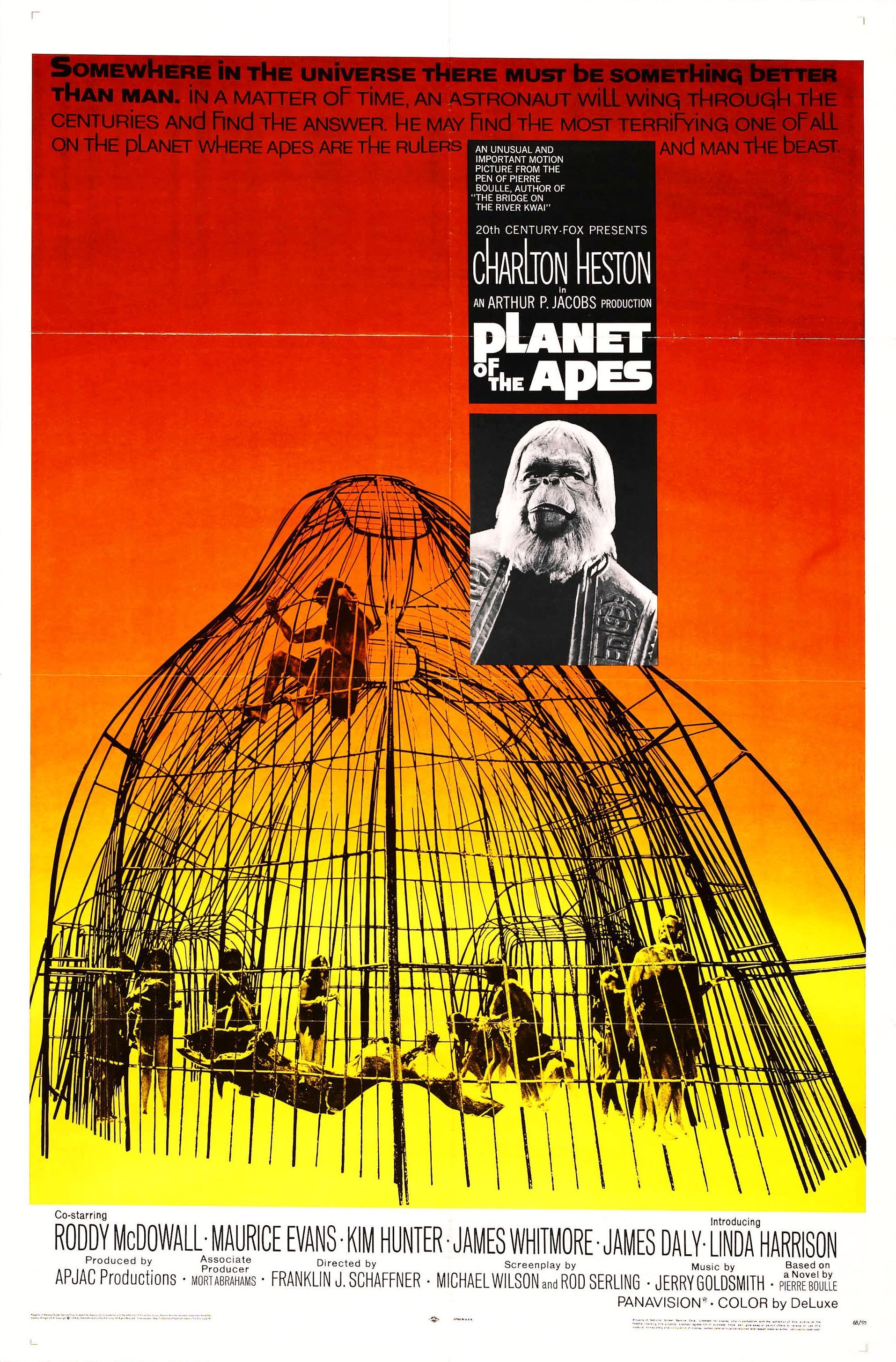
Planet of the Apes
- Release Date
-
April 3, 1968
- Runtime
-
112 minutes
- Director
-
Franklin J. Schaffner
The hierarchy of species is different in Planet of the Apes. When an astronaut crew crash-lands on a strange planet in Orion’s Bellatrix System, they stumble upon a society of apes who have human-like intelligence and speak eloquently. They are dominant over humans, who are mute primitives donning animal skins.
Can’t Fool Us… Those Aren’t Apes
Those who’ve watched Matt Reeves’ Planet of the Apes movies will turn this off after five minutes, given the huge gulf in the creature designs. But in 1968, everyone was thrilled, so much so that the movie won an Oscar for Best Make-Up achievement while earning a nomination for Best Costume Design. These kinds of films simply call for proper CGI. Here, it’s easy to tell that the apes are simply humans in costumes.
8
‘Cleopatra’ (1963)
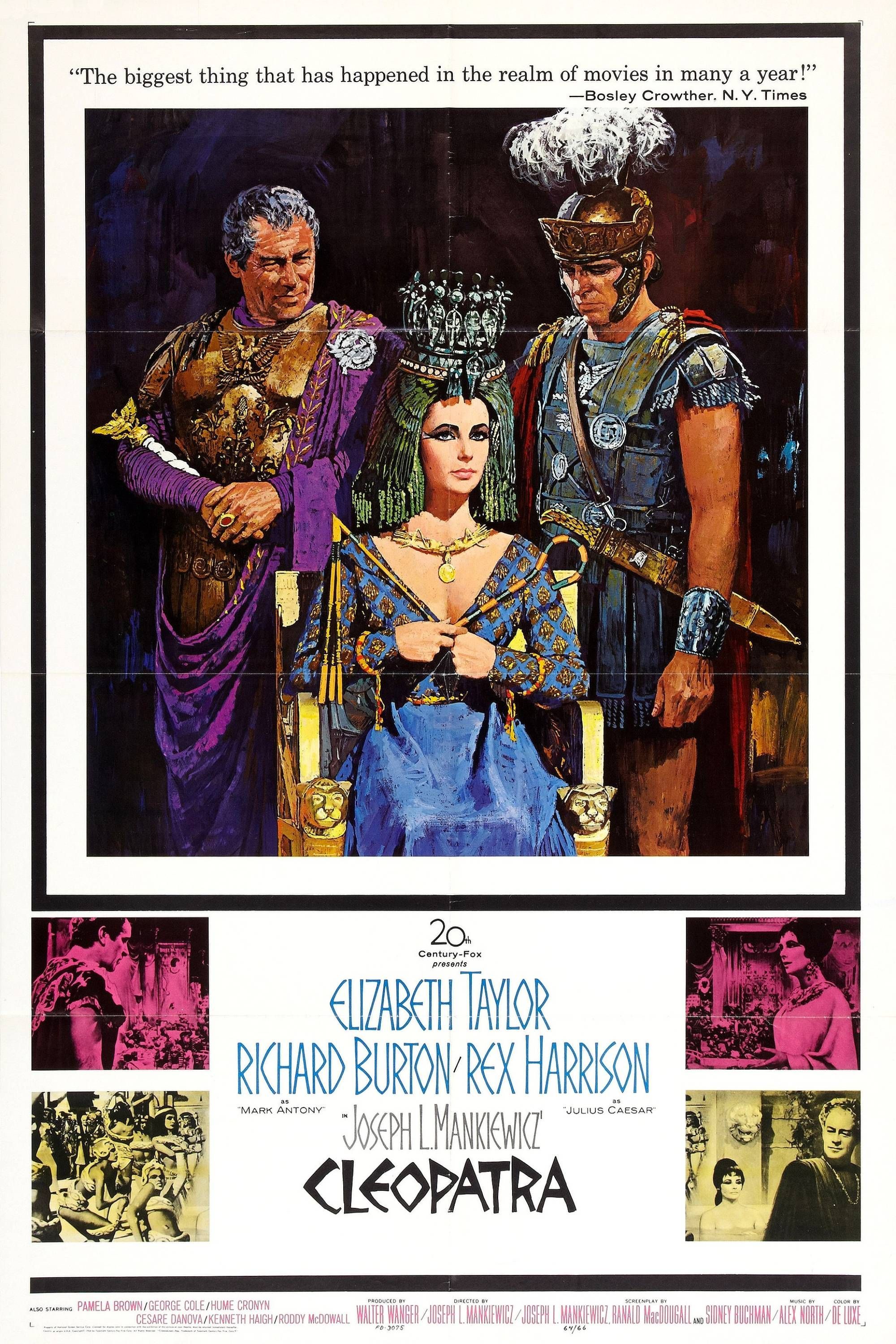
Cleopatra
- Release Date
-
June 12, 1963
- Runtime
-
251 Minutes
- Director
-
Joseph L. Mankiewicz
- Writers
-
Joseph L. Mankiewicz, Ranald MacDougall, Sidney Buchman
Cleopatra stars the gorgeous Elizabeth Taylor as the legendary historical figure, who was Queen of the Ptolemaic Kingdom of Egypt from the years 51 to 30 BC, and the last known Hellenistic pharaoh. The bulk of the events dwell on her struggles to repel Rome and put an end to the European empire’s imperial ambitions.
Slumber Time
With a budget of $31 million (big money in the ’60s), the epic historical is pretty, but it has 99 problems. Storytelling isn’t one of them. Many details are captured accurately, but the film’s 4-hour running time would put most modern audiences to sleep. The whitewashed casting would also have been controversial if the film were made today. One simply has to look at the controversy surrounding Ridley Scott’s God’s of Egypt to get an idea of how Cleopatra would be received.
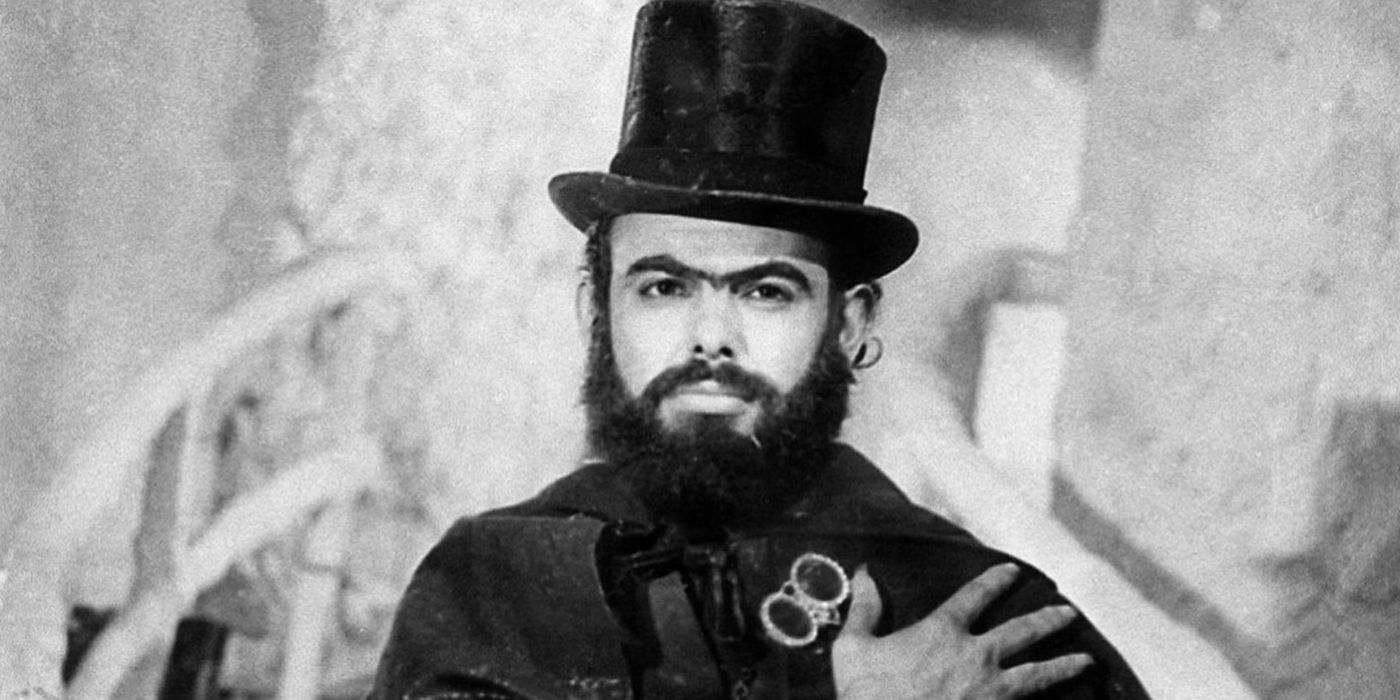
Related
10 Best Classic Horror Movies You Haven’t Seen
These hidden horror gems from before the 1980s deserve every fan’s attention.
7
‘Metropolis’ (1927)
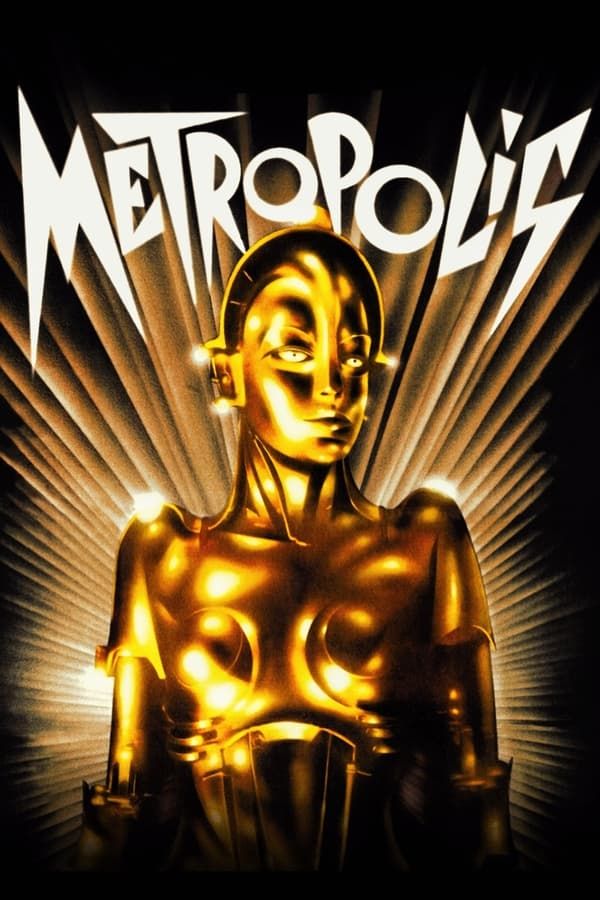
Metropolis
- Release Date
-
February 6, 1927
- Runtime
-
114 minutes
- Director
-
Fritz Lang
Metropolis is set in a futuristic city where wealthy industrialists live in beautiful skyscrapers while the poor toil in inhumane conditions on the dirt-filled ground below. But all that is about to end, especially when the city master’s son plots with a worker.
Sci-Fi Visuals Couldn’t be Presented Accurately in the 1920s
If there’s a classic that truly needs a remake, it’s Metropolis. Thematically, the movie still holds up as it provides a scathing examination of classism and urban development via a Gothic microscope. The Fritz Lang film is also credited with launching the cyberpunk subgenre. But while its dystopian setting was revolutionary at the time, it looks terrible when viewed via a modern lens. Additionally, there’s some controversy attached to the flick. According to a Washington State University report, extras included malnourished children from destitute backgrounds.
6
‘Gone with the Wind’ (1939)
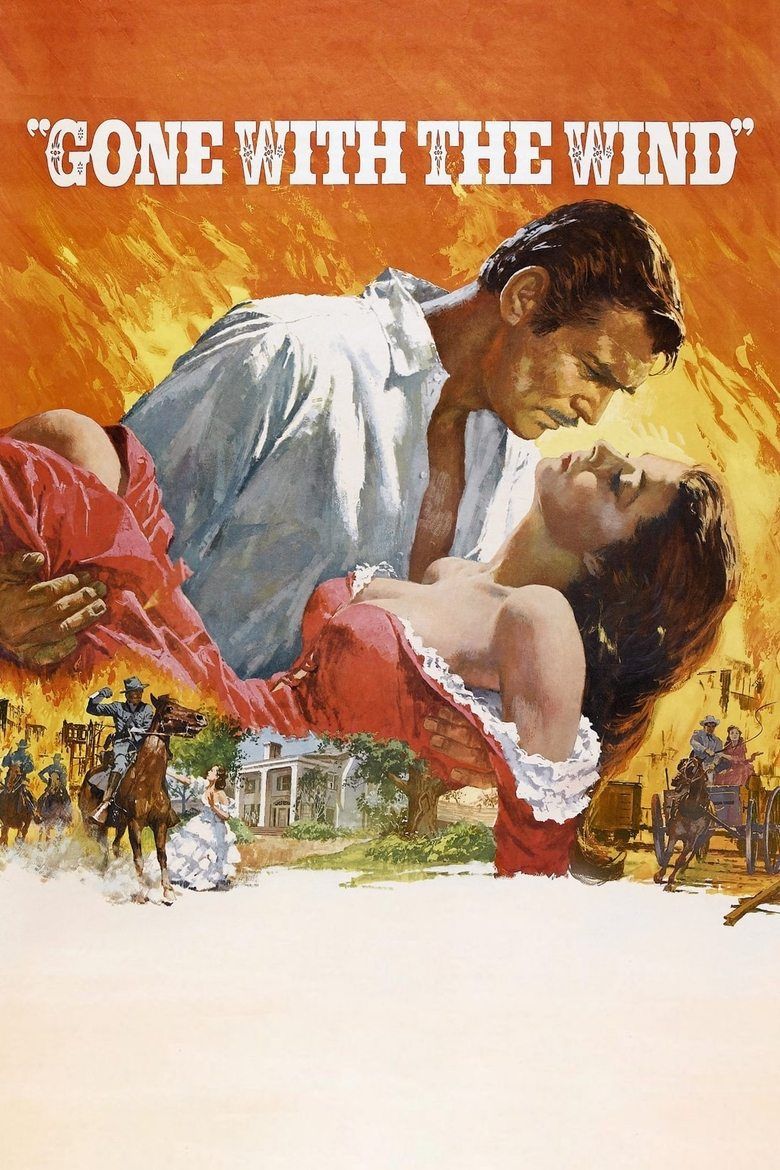
Gone with the Wind
- Release Date
-
December 15, 1939
- Runtime
-
233 minutes
- Director
-
Victor Fleming
-

Vivien Leigh
Scarlett O’Hara
-

-

Olivia de Havilland
Melanie Hamilton
-

Leslie Howard
Ashley Wilkes
Set during the American Civil War and, later, the Reconstruction era, Gone with the Wind follows the Southern belle, Scarlett O’Hara (Vivien Leigh), the beautiful daughter of a Georgia plantation owner, as she chases the man of her dreams. Various obstacles pop up along the way.
Let it Go With the Wind
Gone with the Wind was the highest-grossing film for over a quarter of a century and won 10 Oscars. However, many things about it don’t sit right. For example, the wife of Scarlett’s crush, Ashley Wilkes (Leslie Howard), is also his cousin. Incest? The film has also been called out several times for romanticizing slavery, depicting an ideal pre-Civil War South where black people are happy being servants.
5
‘Around the World in 80 Days’ (1956)
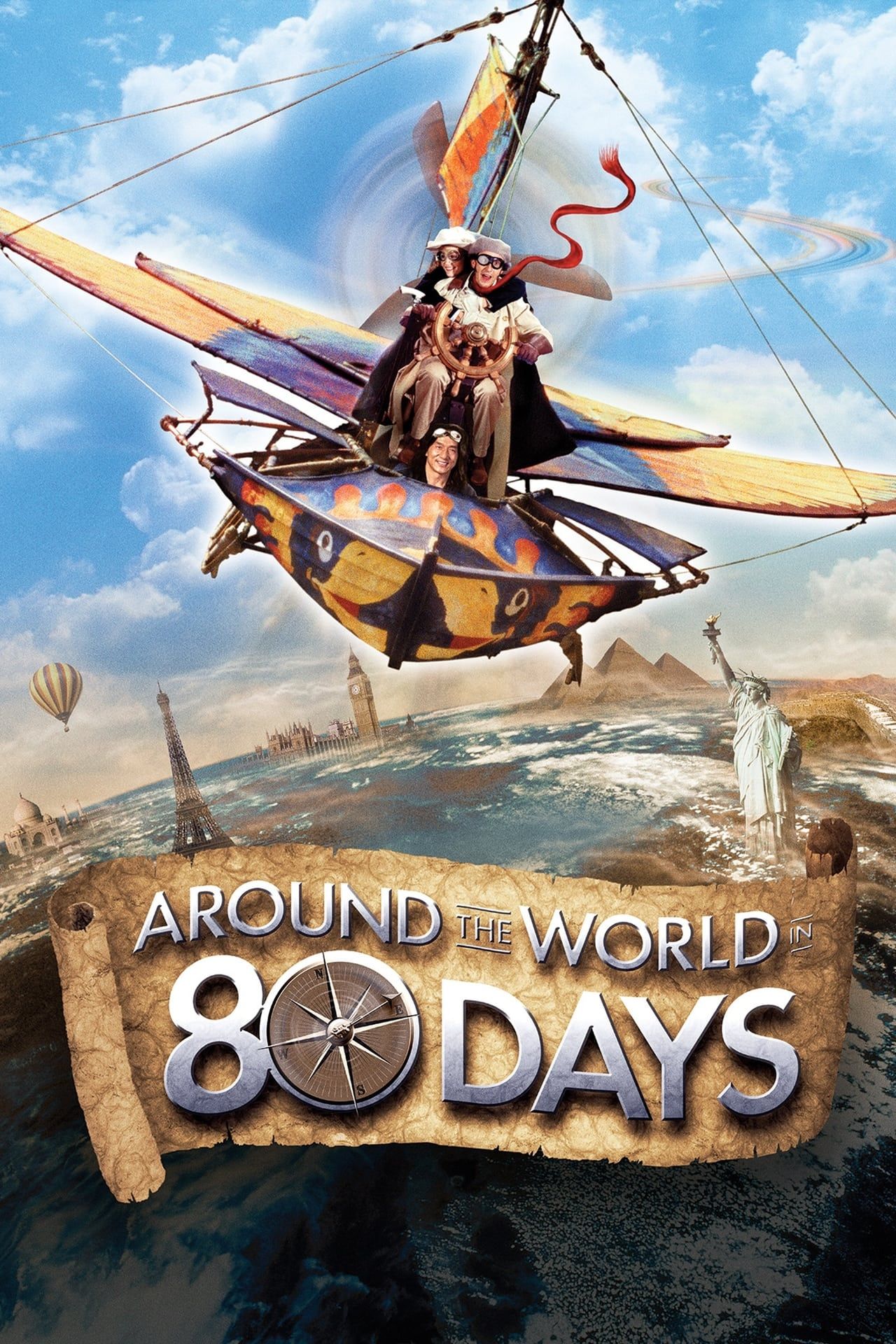
Around the World in 80 Days
- Release Date
-
October 17, 1956
- Runtime
-
165 Minutes
- Director
-
Michael Anderson, John Farrow
-

-

Mario Moreno ‘Cantinflas’
Boys will be boys, so Victorian-era Brit Phileas Fogg (David Niven) boasts to his buddies at a London gentleman’s club that he can circumnavigate the Earth in under 80 days. He even bets 20,000 pounds on it. Will he do it by the time Around the World in 80 Days concludes?
Quite the Tour
Around the World in 80 Days might have the best cinematography of any pre-2000s Hollywood production, but it is perhaps too grand a film to be enjoyed properly. With a cast of 68,894 people and 7,959 animals, there is too much to keep up with. Seeing so many countries in the 1950s might have been exciting in the ‘50s since most people didn’t get to travel around the world often, but in the 2020s, it is dull, especially because these countries have changed a lot since then.
4
‘Game of Death’ (1978)
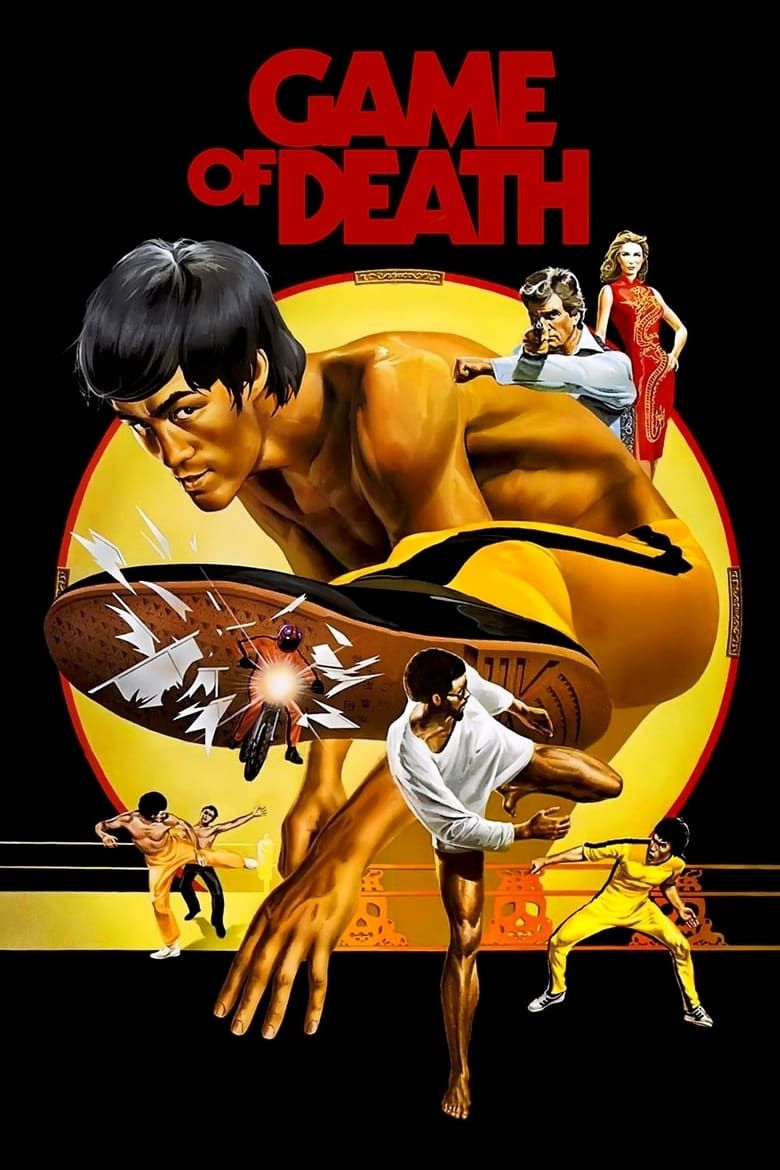
Game of Death
- Release Date
-
March 23, 1978
- Runtime
-
101 minutes
- Director
-
Robert Clouse
In Game of Death, martial arts movie star Billy Lo (Bruce Lee) fakes his death after being targeted by a ruthless crime syndicate. Under a new disguise, he hunts each of them down. Lee died before the movie was completed, so the final product is a blend of new and old material.
Shouldn’t Have Been Released
Celebrated at the time of its release by Lee fans and martial arts lovers at large, Game of Death is not good. Because only 120 minutes of footage had been shot, plenty of the original stuff is included (without being edited), resulting in a film that looks amateurish and is nowhere close to Enter the Dragon. There are numerous mistakes, too. For example, a character looks at himself in the mirror in one scene, with an obvious cardboard cut-out of Bruce Lee’s face pasted onto the mirror’s surface.
3
‘Lolita’ (1962)

Lolita
- Release Date
-
June 13, 1962
- Runtime
-
153 minutes
-

James Mason
Humbert Humbert
-

Shelley Winters
Charlotte Haze
-

-

Gary Cockrell
Richard T. Schiller
Stanley Kubrick’s Lolita is an adaptation of the controversial 1955 novel of the same name by Vladimir Nabokov. It involves the infatuation of a middle-aged literature lecturer (portrayed by James Mason) towards a young, adolescent girl (portrayed by Sue Lyon) whom he nicknames “Lolita.”
Too Uncomfortable
Lolita was hailed as another Kubrick masterpiece and praised for adhering to the restrictions of the Hays Code by toning down the paedophilic elements in the source material. However, it’s still tough to watch, considering that Sue Lyon was only 14 in the film, and has openly stated that her experience in it destroyed her. No studio would greenlight another adaptation of Vladimir Nabokov’s novel in the 2020s.
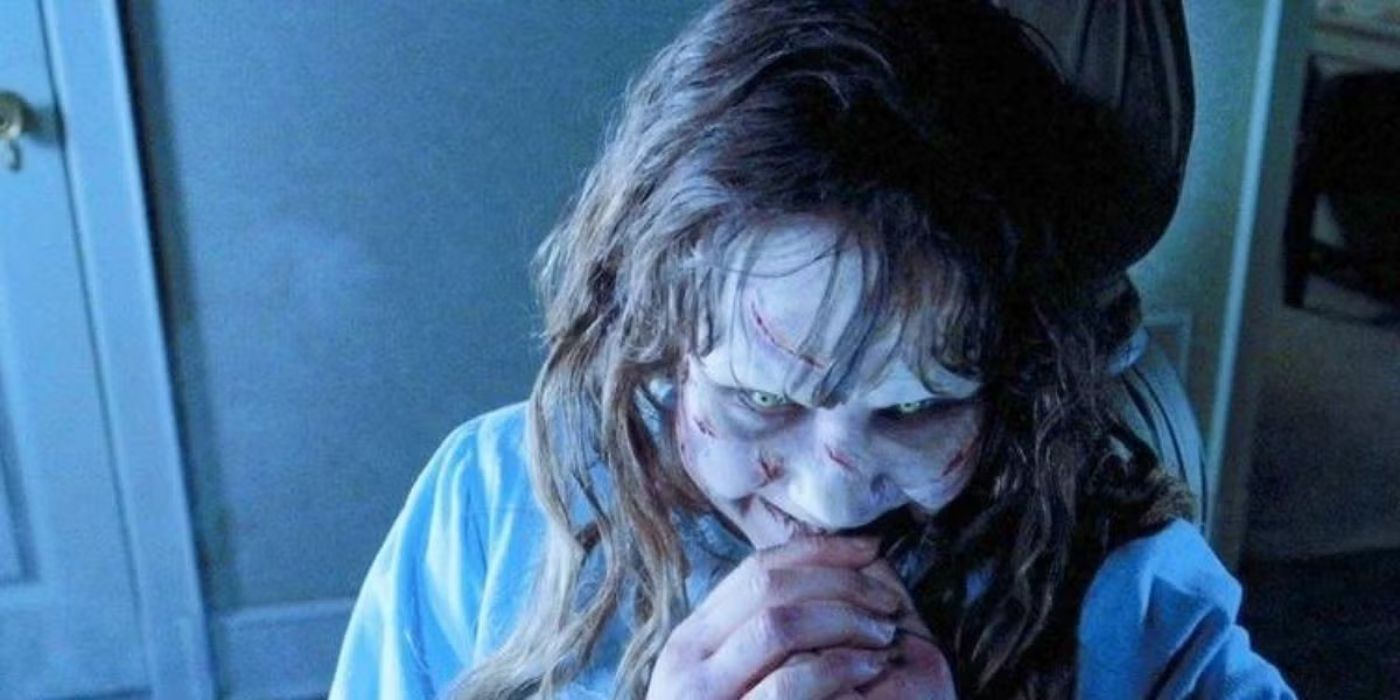
Related
10 Movies That Turned Out Great Despite Many Behind-the-Scenes Issues
Some of the best Hollywood movies had the worst production phases. Here are some of the wild stories.
2
‘The Dam Busters’ (1955)
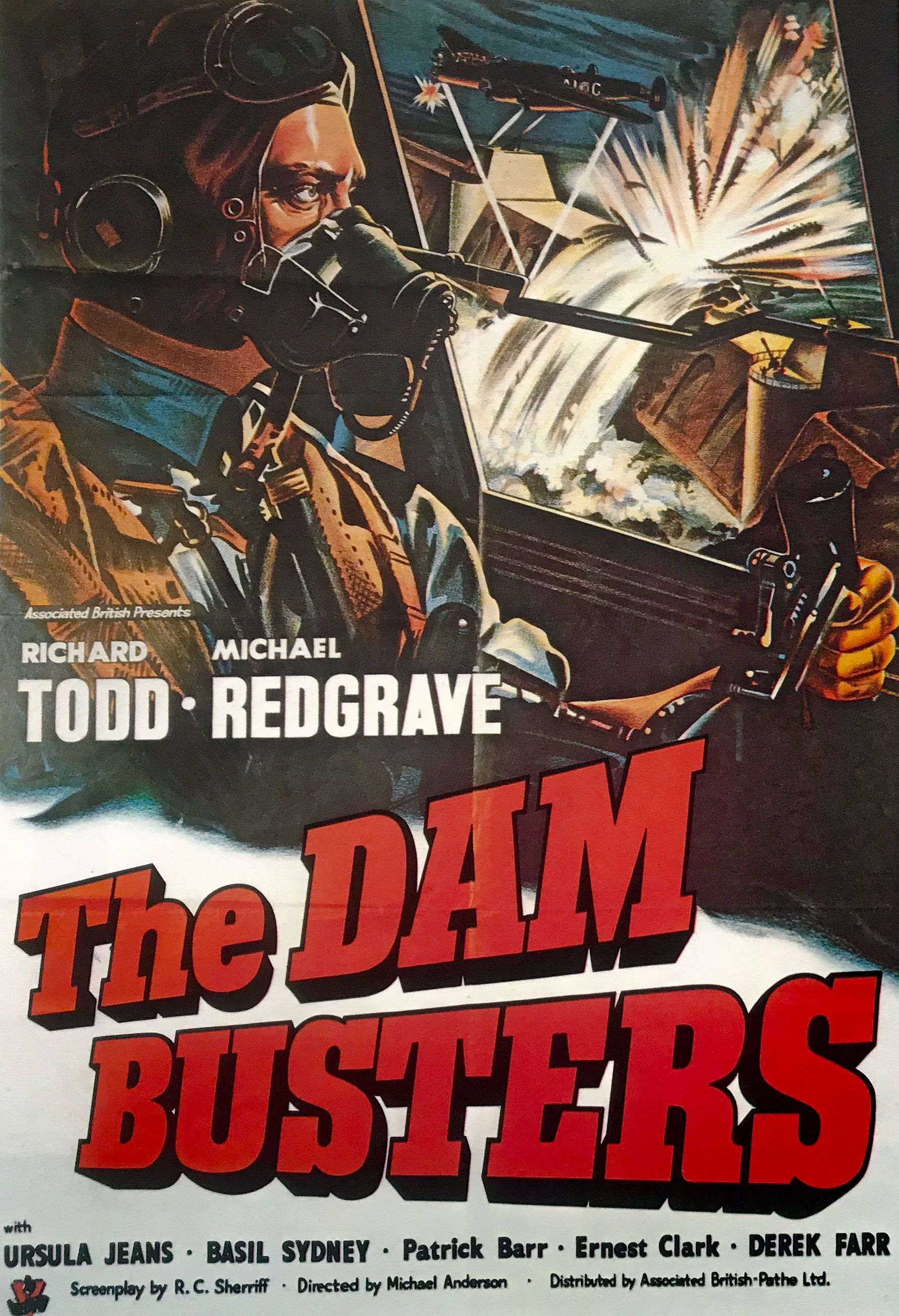
The Dam Busters
- Release Date
-
July 16, 1955
- Runtime
-
105 Minutes
- Director
-
Michael Anderson
- Writers
-
Paul Brickhill, R.C. Sherriff
Based on a true story, The Dam Busters takes us back to World War II, where a British engineer has devised an innovative “bouncing bomb” to destroy major German dams and cripple the Nazis. The invention is approved for Operation Chastise, so Wing Commander Guy Gibson (Richard Todd) leads the RAF 617 Squadron to action.
One Offensive Word
The Dam Busters has incredible action sequences. Its depiction of the iconic raid is reported to have inspired the Death Star trench run in Star Wars. It was kinda like the Top Gun: Maverick of its day, but there’s one problematic element. Gibson has a Labrador called N****. While such a name might not have raised eyebrows in the ‘50s, it does now.
1
‘Superman and the Mole Men’ (1951)
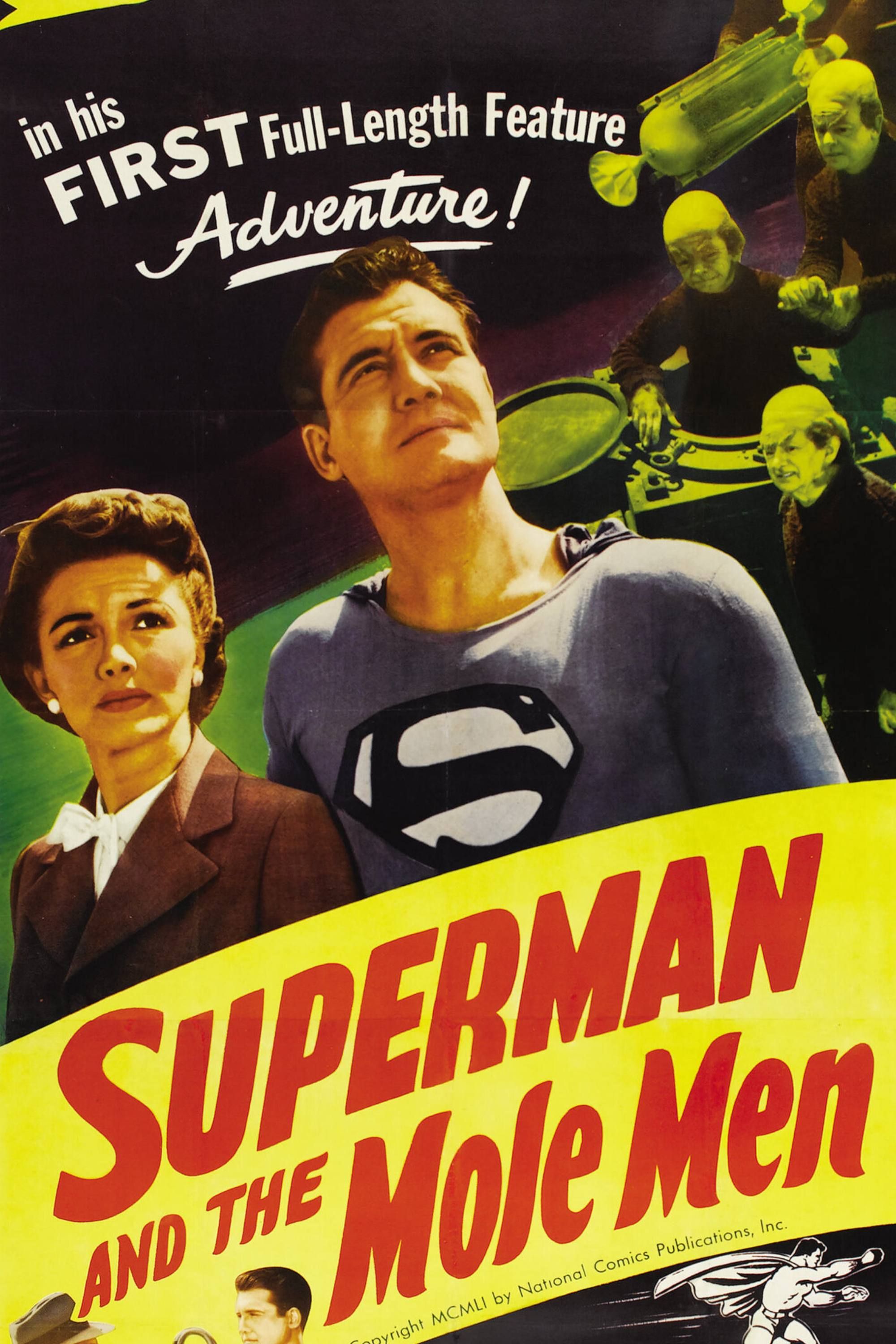
Superman and the Mole-Men
- Release Date
-
November 23, 1951
- Runtime
-
58 Minutes
- Director
-
Lee Sholem
-

George Reeves
Superman / Clark Kent
-

-

-

Walter Reed
Bill Corrigan
Superman and the Mole Men was the first feature film based on any DC Comics character and the first time George Reeves played the Man of Steel. In it, a race of small, bald humanoids emerges as the world’s largest oil well is being drilled. Despite them being harmless, the locals panic and plot to kill them, forcing Superman to intervene.
Humans are the Danger
Retrospectively, Superman and the Mole Men has been analyzed as an allegorical look at McCarthyism/Red Scare and displacement. Residents fear the mole men the same way people feared alleged communists after World War II. There is the usual heartwarming Clark and Lois romance arc, too. However, you’ll find yourself laughing if you decide to watch this after stepping out of James Gunn’s version. The primitive special effects, coupled with a thin plot, make it feel like an episode of the ‘80s Superboy TV show.
Source link






















Add Comment